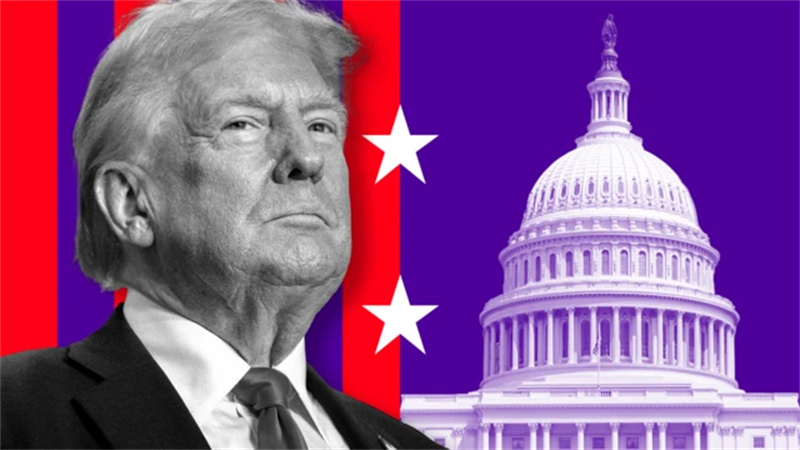The Trump administration is reportedly drafting a new semiconductor policy that would require chipmakers to match each imported chip with one produced in the United States to avoid punitive tariffs of up to 100%, according to The Wall Street Journal.
Under the proposed "1:1 rule," semiconductor companies would need to ensure that the number of chips they manufacture domestically equals the number of chips their customers import into the U.S. Firms that fall short would face tariffs on the excess volume. The plan goes beyond encouraging local investment by tying tariff exemptions directly to production output.
Sources said companies that commit to building new fabs in the U.S. would receive temporary "credits" for future domestic production, allowing them to continue imports while new plants are under construction. The policy, aimed at reducing reliance on overseas manufacturing and strengthening supply chain resilience, could benefit firms already expanding in the U.S., including Intel, GlobalFoundries, Micron, Samsung, Texas Instruments, and TSMC.
The approach, however, raises significant challenges. Chips vary widely in size, value, and complexity, making it unclear how production and imports would be counted. Tracking volumes across complex global supply chains that involve OEMs such as Apple, Dell, Lenovo, and Samsung could also prove difficult. The White House has not confirmed the plan, calling media reports speculative.

The debate comes as the U.S. government intensifies efforts to diversify semiconductor supply chains. Recently, U.S. Treasury Secretary Scott Bessent warned that the global tech industry's heavy dependence on Taiwan represents the "world's biggest single point of failure," since the vast majority of advanced processors are made there.
"The single greatest point of failure for the world economy is that 99% of high-performance chips are produced in Taiwan," Bessent said in an interview with Fox Business. He urged urgent action to shift 30% to 50% of production to the U.S. and allied regions such as Japan and the Middle East, warning that a disruption in Taiwan—whether from geopolitical tensions or natural disasters—could severely impact the global economy.

Bessent framed semiconductor independence as both an economic and strategic imperative, noting that Washington is working daily to bring more chipmaking capacity back to the U.S. Still, analysts point out that major players like Intel already manufacture most of their server processors domestically, while Samsung maintains capacity in both South Korea and the United States.
Together, the proposed 1:1 rule and Bessent's comments underscore mounting U.S. concerns about semiconductor security as competition with Asia intensifies.
+86 191 9627 2716
+86 181 7379 0595
8:30 a.m. to 5:30 p.m., Monday to Friday
